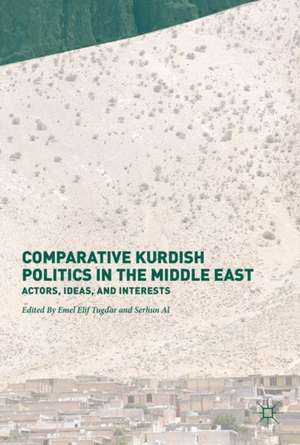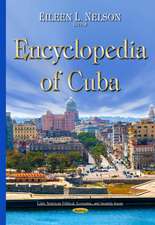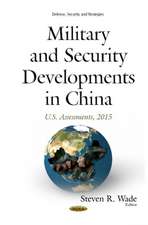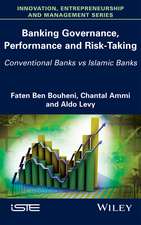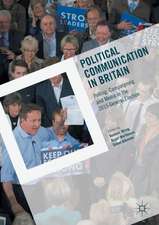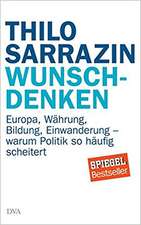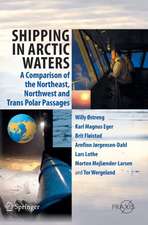Comparative Kurdish Politics in the Middle East: Actors, Ideas, and Interests
Editat de Emel Elif Tugdar, Serhun Alen Limba Engleză Hardback – 22 sep 2017
This edited volume introduces the political, social and economic intra-Kurdish dynamics in the Middle East by comparatively analyzing the main actors, their ideas, and political interests. As an ethnic group and a nation in the making, Kurds are not homogeneous and united but rather the Kurdish Middle East is home to various competing political groups, leaderships, ideologies, and interests. Although many existing studies focus on the Kurds and their relations with the nation-states that they populate, few studies analyze the Kurdish Middle East within its own debates, conflicts and interests from a comparative perspective across Iran, Iraq, Turkey, and Syria. This book analyzes the intra-Kurdish dynamics with historically-grounded, theoretically-informed, and conceptually-relevant scholarship that prioritizes comparative politics over international relations.
| Toate formatele și edițiile | Preț | Express |
|---|---|---|
| Paperback (1) | 745.97 lei 38-44 zile | |
| Springer International Publishing – 14 aug 2018 | 745.97 lei 38-44 zile | |
| Hardback (1) | 891.62 lei 43-57 zile | |
| Springer International Publishing – 22 sep 2017 | 891.62 lei 43-57 zile |
Preț: 891.62 lei
Preț vechi: 1087.34 lei
-18% Nou
Puncte Express: 1337
Preț estimativ în valută:
170.61€ • 178.61$ • 141.17£
170.61€ • 178.61$ • 141.17£
Carte tipărită la comandă
Livrare economică 07-21 aprilie
Preluare comenzi: 021 569.72.76
Specificații
ISBN-13: 9783319537146
ISBN-10: 3319537148
Pagini: 213
Ilustrații: XVIII, 235 p. 1 illus.
Dimensiuni: 148 x 210 mm
Greutate: 0.46 kg
Ediția:1st ed. 2018
Editura: Springer International Publishing
Colecția Palgrave Macmillan
Locul publicării:Cham, Switzerland
ISBN-10: 3319537148
Pagini: 213
Ilustrații: XVIII, 235 p. 1 illus.
Dimensiuni: 148 x 210 mm
Greutate: 0.46 kg
Ediția:1st ed. 2018
Editura: Springer International Publishing
Colecția Palgrave Macmillan
Locul publicării:Cham, Switzerland
Cuprins
Introduction
PART I: ACTORS
Chapter 1: Iraqi Kurdistan’s Statehood Aspirations and Non-Kurdish Actors: The Case of Turkomans
By Emel Elif Tugdar
Chapter 2: Kurdish Political Parties In Syria: Past Struggles & Future Expectations
By Bekir Halhalli
PART II: IDEAS
Chapter 3: Human Security versus National Security and the Function of Nationalism as ‘Security-Provider’: An Analysis of the Kurds and the Turkish State
By Serhun Al
Chapter 4: Ideological Distance, Nationalist Projects, and Kurdish Extra- and Cross-Communal Relations
By Michael Wuthrich
Chapter 5: Statehood, autonomy or unitary coexistence? A comparative analysis of how Kurdish groups approach the idea of self-determination
By Cenap Cakmak
Chapter 6: Islam and the Kurdish Peace Process in Turkey (2013-15)
By Ina Merdjavona
Chapter 7: Ethnic Capital Across Borders and Regional Development: A Comparative Analysis of Kurds in the Middle East
By Serhun Al & Emel Elif Tugdar
Chapter 8: In Search of Tomorrow: Speculation, Futures, and Capitalism in Iraqi Kurdistan
By Umut Kuruuzum
Chapter 9: Explaining Variation in Political Gains: The Case of Iranian Kurdistan
By Idris Ahmedi
Conclusion
Notă biografică
Emel Elif Tugdar is Visiting Scholar of Women, Gender, and Sexuality at Harvard University, USA. Her research agenda includes ethno-politics, human rights, politics of gender with a major focus on Middle East, specifically Turkey and Iraqi Kurdistan.
Serhun Al is Assistant Professor in the Department of Political Science and International Relations at Izmir University of Economics, Turkey. His research interests include politics of identity, ethnic conflict, security studies and social movements. His recent publications have appeared in journals such as Ethnopolitics, Studies in Ethnicity and Nationalism, Nationalities Papers, Globalizations, Journal of International Relations and Development, and Journal of Balkan and Near Eastern Studies.
Textul de pe ultima copertă
This edited volume introduces the political, social and economic intra-Kurdish dynamics in the Middle East by comparatively analyzing the main actors, their ideas, and political interests. As an ethnic group and a nation in the making, Kurds are not homogeneous and united but rather the Kurdish Middle East is home to various competing political groups, leaderships, ideologies, and interests. Although many existing studies focus on the Kurds and their relations with the nation-states that they populate, few studies analyze the Kurdish Middle East within its own debates, conflicts and interests from a comparative perspective across Iran, Iraq, Turkey, and Syria. This book analyzes the intra-Kurdish dynamics with historically-grounded, theoretically-informed, and conceptually-relevant scholarship that prioritizes comparative politics over international relations.
Caracteristici
Analyzes the concept of state-building has acquired political, economic, and social dimensions
Examines demographic and related political questions, religious, cultural and ethnic matters, the role of language and the vital connection of Kurdistan to Turkey
Introduces scholars of Comparative Politics and Middle East Studies
Includes supplementary material: sn.pub/extras
Examines demographic and related political questions, religious, cultural and ethnic matters, the role of language and the vital connection of Kurdistan to Turkey
Introduces scholars of Comparative Politics and Middle East Studies
Includes supplementary material: sn.pub/extras
